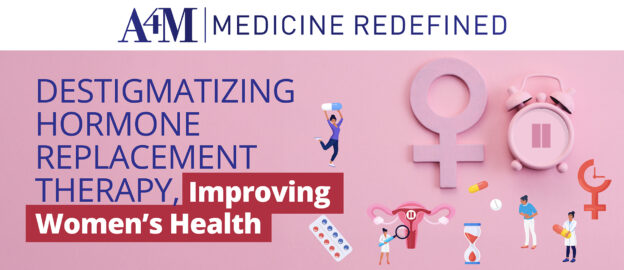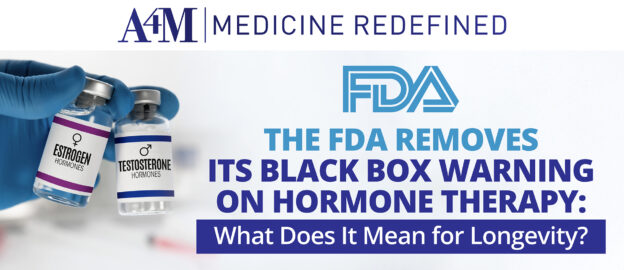An evolution in menopausal hormone therapy (MHT) is officially underway. New interpretations of safety data from randomized trials and observational studies have resulted in the Food and Drug Administration (FDA)’s decision to remove the class-wide black box warnings for many systemic estrogen and combined estrogen-progestogen (EPT) products, and experts in women’s health are advocating to remove the barriers and improve access to MHT.
Life-Changing Medication
Throughout the human body, hormones support physical, mental, and metabolic health. As hormone levels decline with age, the risk of arthritis, heart disease, cancer, diabetes, and other chronic conditions rises, and many women experience the symptoms of menopause and perimenopause, including hot flashes, insomnia, and brain fog. HRT provides women with bioidentical estrogen and sometimes progesterone, but a controversial Women’s Health Initiative study in 2002 suggested that the therapies raise the risk of breast cancer, putting an end to HRT’s widespread use in the U.S.



